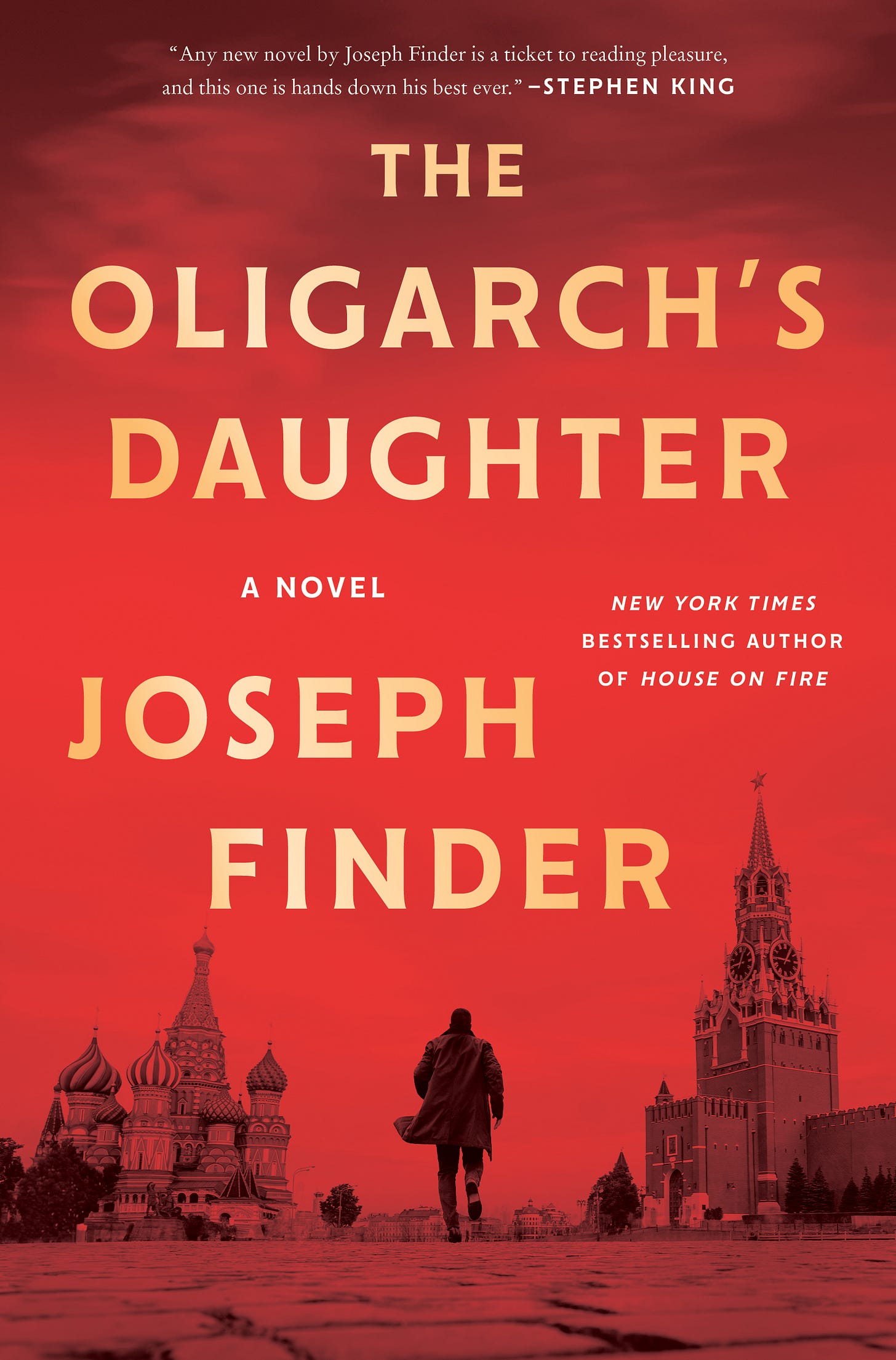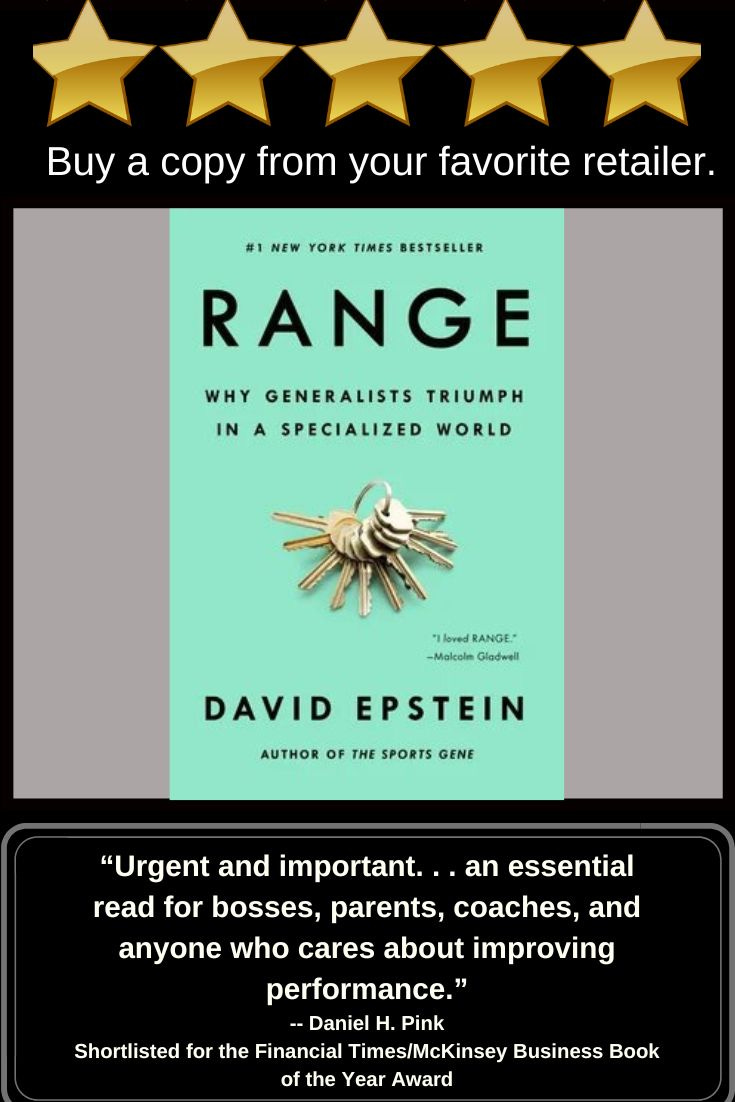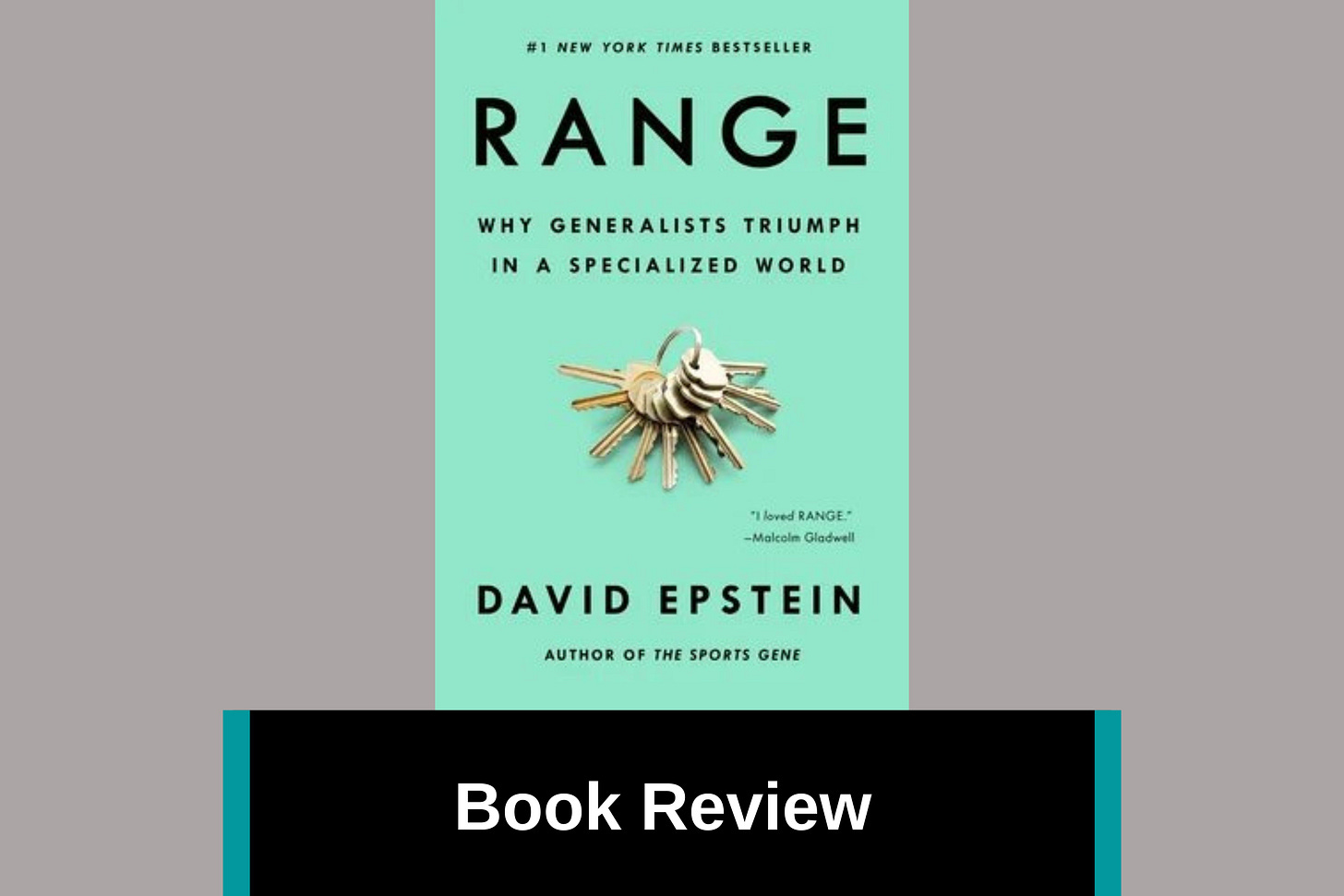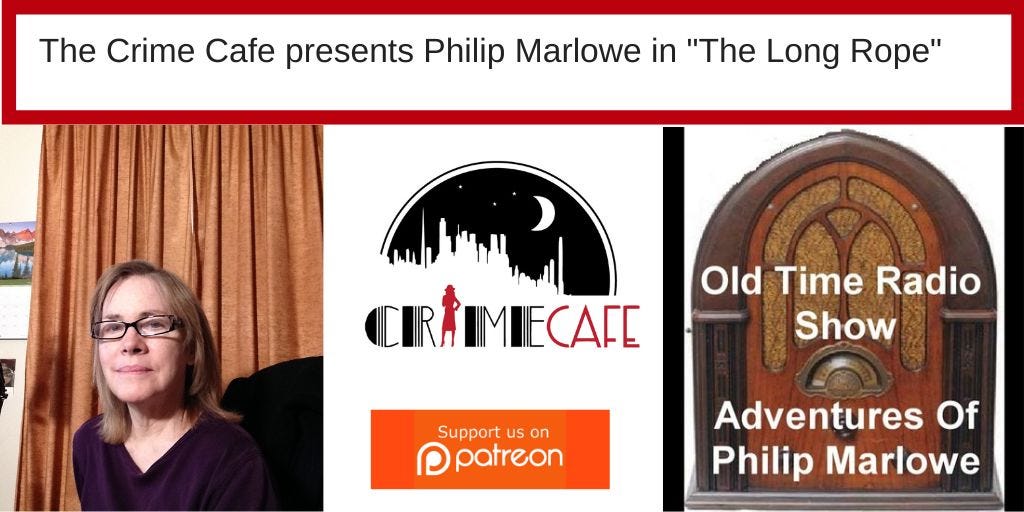January new releases, short stories, and more
What’s new in January?
This month’s featured new releases include the following:
The Oligarch’s Daughter by Joseph Finder.
Excerpt from OLIGARCH’S DAUGHTER:
Until that day, Grant had never killed anyone. He had thought about it before, of course, the way you imagine the worst thing you could do if you had to. You rehearse it in your dreams, in your unconscious. Inwardly, you debate.
How far would I go?
Grant’s girlfriend was helping him cook dinner, the night before it happened. She was Sarah Harrison. She taught first grade in the town’s elementary school and was sweet and gentle with a core of steel. He’d been attracted to her since the first time he met her, at the Starlite Diner five years ago. But there remained a distance between the two of them. Entirely his fault. He cared about her, but there was too much he couldn’t tell her about himself.
Sarah was making a salad while he kept watch on a chicken roasting in the oven. The kitchen of the old farmhouse was big and comfortable and cluttered—red-and-white linoleum floor, a tin-topped dining table, wood-paneled walls. He’d restored the house himself, mostly, doing the carpentry in his boat shop. The whole kitchen smelled of roasting garlic, an aroma Grant loved.
As she chopped, Sarah told him about her day. “This girl threw up on the stairs during dismissal, and I sent her out to her mom,” she said. “The mom was so pissed off she called the school to complain that her daughter had vomit on her shirt. ‘Why didn’t you clean her up before sending her out?’ she said. So I get yelled at, and meanwhile, I had to clean up this giant pile of barf.” Sarah was tall and slim and had shoulder-length chestnut-brown hair and cognac-brown eyes, and she was wearing her old UNH sweats, maroon with fraying cuffs. (It was a chilly evening.)
Grant tried not to laugh, but then she did, a rueful laugh, which made it okay.
“How was your week?” Sarah said. “Tim still refusing to pay you a deposit?” A local fisherman named Tim Ogilvy had brought in a bare-hull fiberglass boat for Grant to finish out but refused to pay until the work was done.
“Today I told him either he gives me a couple hundred bucks for materials or I’ll put his boat in the yard and chain her to a tree.”
“What’d he do?”
“He paid.” “Didn’t that piss you off? That you had to do that?”
Grant shrugged. “There’s that shrug. Was that too feel-y a question?” she asked.
That was when his phone rang.
Later, he would wish he’d never answered the call.
Right at seven thirty a stout man appeared at the boat wearing a navy windbreaker and jeans and expensive-looking sneakers. He was balding, with curly black hair at the sides, and wore steel aviator-framed sunglasses. He had the air of an athlete gone to seed, soft around the middle but stocky, thick-limbed in ways that could be muscle as much as flab. He looked to be in his forties, and with his pasty complexion, he didn’t look much like a sportsman.
“You’re not Captain Lyle,” the man said.
“My name is Grant Anderson,” Grant said, “and I’m filling in for Captain Lyle, who’s sick today.”
“All right, Captain Grant,” the man said. “My name is Frederick Newman.” He had a little tic, the cheek below his left eye twitching every so often. He was studying his phone.
“We’re waiting for your wife, is that right?” Grant said.
“No, my wife is not coming,” said Newman. “She’s under the weather. She won’t be fishing with us this morning.” He had the barest hint of an accent, which Grant couldn’t quite place, but it made him nervous.
“So it’s just you?”
“Right.” Newman’s cheek twitched, and he resumed studying his phone. “I’m good to go, Captain Grant.”
Newman was studying him. “You know, you look familiar,” he said, setting the speargun down on the deck. “You always had a beard?”
“Oh, yeah,” Grant said, attempting to sound casual, but his heart was drumming. “Long before it was cool.” He was pretty sure now that Newman’s very slight accent was Slavic. An eel of unease squirmed in Grant’s belly. It had been years since he’d heard a Russian accent. Newman’s fluent English had the flat American a’s of an émigré who’d spent most of his adolescence in the United States. Probably came to the U.S. as a teenager.
Frederick Newman shook his head. He was speaking to Grant in a low voice, but Grant could barely hear him over the thrum and whine of the Suzanne B’s engine.
“Excuse me?” Grant said.
Newman raised his voice. “You must have known this day would come, Paul,” he said calmly.
Grant’s stomach caved in on itself. He was looking at Newman’s face, at the eyes behind those aviators. They were intent, alert, almost the eyes of someone playing a video game, neither cruel nor kind. Grant expected that tic to return, but Newman’s face was absolutely placid.
“I’m afraid you’ve got the wrong person, Mr. Newman. I’m Grant Anderson.”
“You know, Paul, everyone dies one day. With me, it’s different. Clean, quick, no suffering.”
*****
This book is available for pre-order until its release on January 28, 2025.
Joseph Finder is the New York Times bestselling author of sixteen suspense novels, including House on Fire, The Fixer, and Suspicion. Two of his novels have been adapted into major motion pictures—Paranoia (starring Harrison Ford and Gary Oldman) and High Crimes (starring Ashley Judd and Morgan Freeman). Four more have won the industry’s top best novel awards—Killer Instinct (the International Thriller Writers Award), Buried Secrets (the Strand Critics Award); Guilty Minds (the Barry Award), and Company Man (the Barry Award). Finder lives in Boston, Massachusetts. For more on Joseph Finder, visit: https://josephfinder.com/
Owen O'Shea: Stay-At-Home Dad, Wannabe Detective: A Novel by C. McGee.
Prologue
Lola screamed in my ear, but it barely registered. She would be fine. At least that’s what I assumed based on past experience. Unfortunately, I couldn’t say the same for myself. Things weren’t looking great. I’m a fairly optimistic guy, but it’s hard to put a positive spin on a big fork in your leg and a homicidal maniac on your back. On a scale of one-to-completely-screwed, I was somewhere around completely-screwe—
Grunting like a hog with septum issues, I stumbled forward, trying my best to carry the killer on my back out into the cul-de-sac. Our neighborhood street lamps are faux old-timey affairs, cozy but weak. There was no guarantee that making it into their amber haze would result in my being seen and saved, but it was worth a shot. Certainly better than going down in the backyard where nothing but the stars could shine light on my demise.
Just a few more yards, Owen. Don’t be a sack. Get there. Move your feet.
I spurred myself onward. It felt like I was coaching again, but \with way higher stakes. I wasn’t pushing college soccer players to finish off stoppage time, I was pushing myself to avoid death by chokehold.
Whatever. Same difference. Potato, tomato. Right? No. Tomato, potato. No. Fuck.
My cognition was dulling, the pain in my leg sharpening. It was twelve more yards to the street lamp. It seemed like twelve hundred.
Move. Push. Grit. Coaching buzzwords popped in my head. Trite yet effective, they prodded me on. One labored shuffle followed another and another until the streetlamp was within reach.
Good work. Now what?
Harnessing the dregs of energy that remained, I turned and launched backward into the pole, a last-ditch effort at freedom. The maneuver failed. The grip around my neck was unaltered. The sound of my assailant’s back crashing into the streetlamp drew no attention.
Shit. This is it. I expected thoughts of my wife and daughter to appear in my head. I wish they had. I’m ashamed they didn’t. What I got instead were trivial frustrations:
These lamps are useless.
Stupid Homeowners Association. Why are these pants so tight?
I should have worked out more. What the hell is in my pocket? Oh crap, I’m gonna puke. Please don’t puke.
Please don’t—
Then came a crackle of static. The voice of my dead mother. “How did this happen?” she asked.
It’s a long story...
*****
Now available for sale!
I’m sure it’s on Amazon, too. Who isn’t? :) Well …
And it’s also on Kobo!
Oh, and it’s also on Barnes & Noble.
Raised in Minnesota, C. McGee now lives in North Carolina with his wife Beth and their daughter Jo. He went to school for a very long time and now makes much less money than all of his friends. His new novel Owen O'Shea: Stay-At-Home Dad, Wannabe Detective is out now. More of his work can be found on his website cmcgeebooks.com
Plus a Q and A from Michael Wolk, author of DevilsGame.
1. Can you explain the concept of cyber fiction and how it differs from traditional ebooks?
Cyber fiction is hyperlinked fiction, which lets the reader click on links that provide further context for the story. In the case of DevilsGame, you can click on popup illustrations or links to websites that are curated or specially created to enhance the story.
2. What inspired you to write and release DevilsGame in such a unique format?
I realized that when a true crisis happens, I experience it first through my phone! Maybe a month or a year later, I can read a book about the incident, but in the moment, I will be looking at my phone, clicking like mad to get further information on the situation.
So, I thought: what if a fiendishly clever hack – or better yet, a tsunami of clever computer hacks – were to plunge the world into chaos? We would all be glued to our phones, trying to make sense of it.
I wanted to give readers a sense they are part of the adventure as the world unravels, and also give them a choice to visit external websites that offer additional background and depth.
By mixing real news sites with fictional sites created for DevilsGame, the novel parallels and parodies the way we experience crises these days -- bouncing from news sites to social media sites, and as we bounce, perhaps crossing the line between reality and fiction without even noticing.
3. How has your theater career influenced your approach to writing in the literary world?
I think there’s a heightened audience awareness that comes with working in theater. I think of the reader as the person sitting beside me or sitting in front of me as I tell the story.
I wanted to involve the reader in DevilsGame, make them a player in the action. And while they can’t choose the ending of the story they can choose how deeply they explore the world of the story and the factual basis of some of the genius hacks that are described in the book.
4. What market do you think will be most interested in this form of storytelling?
I hope it’s people who read books – but also I very much hope it’s people who DON’T read books and read primarily on their phones!
I want to reach readers where they are. My dream for DevilsGame is: wherever and whenever there is time for a bite-sized piece of fiction – on a bus, waiting in line, doing laundry – I want DevilsGame to be at your thumb tip, so you can scroll through a chapter or two.
5. Why do you think it’s important for the literary industry to continue innovating and embracing new ideas?
When I go into Manhattan apartments these days, there are maybe some books around but for the most part there no bookshelves! That’s a change over my lifetime. I think print is just one way people are reading, and we have to meet and engage new generations of readers where they are – and they are on their devices.
And I understand that, having written DevilsGame -- linear, page-turning fiction does not give you the freedom and the limitless canvas that hyperlinked fiction does.
*****
DevilsGame is available now!
Learn about DevilsGame here!
Michael Wolk is a Broadway producer (Once Upon A Mattress, The Hills of California, Job, Prince of Broadway, Pacific Overtures, and the forthcoming The Karate Kid), and he has also produced in the U.K. (Kenrex), at Lincoln Center (Musashi and Temple of the Golden Pavilion), Kennedy Center (Up In The Air), BAM (MacBeth) and in Central Park (Japan Day @ Central Park 2007-2017). His nonprofit All For One Theater (www.AFO.NYC) has staged over 50 solo shows Off-Broadway since 2011.
He is also the author of the new cyber thriller DevilsGame, and the mystery novels The Beast on Broadway and The Big Picture. He wrote the play Femme Fatale (Broadway Play Publishing) and wrote the book, music and lyrics for Deep Cover (New York Musical Theatre Festival) and Ghostlight 9 (Cherry Lane Theatre), and wrote the book for the musical, THE PILOT AND THE LITTLE PRINCE, which premiered in Fall 2024 at Poland's Katowice Miasto Ogrodow.
He directed the award-winning documentary You Think You Really Know Me: The Gary Wilson Story, which screened at the Film Society of Lincoln Center (Plexifilm DVD). He is a member of the Dramatists Guild and works and lives in Times Square.
This month’s new releases
Battle of Lion Rock by D.J. Williams.
See How They Hide by Allison Brennan.
The Sinners All Bow by Kate Winkler Dawson.
The Stolen Queen by Fiona Davis.
Queen of Diamonds by Beezy Marsh.
The Inheritance by Trisha Sakhlecha.
Johnny Careless by Kevin Wade.
The Family Inside by Katie Garner.
The Girls of the Glimmer Factory by Jennifer Coburn.
The Weekend Guests by Liza North.
Trust Issues by Elizabeth McCullough Keenan and Greg Wands.
We Are Watching by Alison Gaylin.
My YouTube Reviews, Podcast Episodes, and More
Guest Post and Joint Giveaway from Melissa Yi.
My Book Review of ‘The Get Off’.
Dark and Twisted Alleys: Episode 11: ‘Brighton Rock’ (1948).
Crime Cafe podcast: Philip Marlowe in ‘The Long Rope’ – S. 10, Ep. 15.
Seen around the Web
Saline and Secrets: PW Talks with Katy Hays.
What happens when a liberal public defender represents right-wing January 6th rioters?
Five Years In at Barnes & Noble, James Daunt Says He’s Not Done Yet.
And can we ever stop obsessing over the BookTok TikTok ban?
Habeus Corpus
A Sam McRae novelette, serialized. This is a temporary cover at best.
If you’d like to kearn the differences between novelettes vs. novelas vs. novels, just click here.
Here’s where we left off in December.
Keep reading with a 7-day free trial
Subscribe to The Crime Cafe Newsletter to keep reading this post and get 7 days of free access to the full post archives.

















